How can organizational culture be described without using formalized definitions and academic jargon? Culture is the name for an organization’s inner world, which consists of human feelings and attitudes towards colleagues and the organization itself. The inner world defines the pattern of interaction, trust, and cooperation forming an organizational identity.
Identity is how members see and feel themselves being part of the organization and so affects how they behave among colleagues and toward the organization. “I am a supply manager” or “I am a supply manager and I work for company X”. Can you see the difference in responses from people working for different introvert companies in terms of culture? The first one is more likely to be working for a company with deflated culture, not rushing to be identified with that company. The positive reaction of the second respondent seems to indicate an individual who is a proud part of a particular organization, which spreads even further to influence the initial impression we form of the organization.
We tend to judge someone’s personality as falling into one of two categories – introverts or extroverts. This method of identification can tell us a lot about one’s personality and manner of interacting with the world. Introverts are self-energizing and mentally look inwards. Extroverts are completely opposite, deriving energy from others, actively interacting with the external world with an outward focus. It is difficult to find someone who is purely introvert or extrovert, as people are often a bit of both and may demonstrate different behaviors depending on circumstances.
Can organizations be introverts?
Similar to humans, organizations can be considered as introverts or extroverts depending on the organizational archetype, i.e. the core resources used in its processes. The cultural type is the actual organizational identity which remains with it forever. Being an introvert or extrovert is neither exclusively good nor bad for an organization. This is a quality that allows company culture to shine in a certain light. The properties of the relevant cultural type allow an organization to reveal its inner capacities in terms of the generation of value.
The biggest difference between introverts and extroverts in an organizational context lies in goals, approaches in the development of organizational capabilities, imprinted roles, and functions, types of human capital, and thus behavior. Here we can draw a line between organization-introverts and organization-extroverts using archetypes offered by Organisational Anatomy concept – producers, knowledge-dependent, location-dependent, donor-dependent, and state-affiliated organizations.
Being an introvert is a property traditionally assigned to humans only and tons of papers are being written on advantages and disadvantages of being a one who prefers to look inside own self. We can’t do much about it and only to learn how to gain advantages from such personality trait. Famous psychologist Carl Gustav Jung, wrote, “In the first place it is they that do things with us and it is only afterwards that we learn what we can do with them.”
Do organizations differ from humans in psychological terms? Oleg Konovalov in his latest book on corporate culture, Corporate Superpower, argues that similar to humans, organizations can be considered as introverts and extroverts depending on the organizational archetype, i.e. the core resources used in its processes. The cultural type is the actual organizational identity which remains with it forever.

Producers and knowledge-dependent organizations, such as banks, universities, and hospitals are organization-introverts, which concentrate on the precision of production by offering a quality product which serves to meet a community’s need and thus does not have the same level of need to be actively engaged in outreach to seek consumers. Their key to success is to provide services using the most current knowledge and technological advances available in their fields.
There are two archetypes of organizations that can be considered as extroverts – location-dependent organizations such as hotels, supermarkets, shops, airlines, etc. and donor-dependent organizations such as charities and faith-based organizations. For such organizations and charities, maintaining recognition as an active part of a community’s culture is critical in terms of financial support.
Full understanding of the relevant cultural type (ID) is a good way to recognize the full potentials of people working for a company. Intelligent managers know how to organize processes; wise managers know how to unleash cultural strength by using advantages particular to the type of culture and personalities traits of people working for the company. For an organization, being true to itself is pragmatically rational.
Here comes an issue of the emotional and professional mismatch for one who seeks to profit from his talents and competencies. An unfriendly environment and low level of trust among team members are like a roller coaster for human emotions. Results become a secondary issue for people who hold their breath each morning, diving into an uncooperative pool of unfair internal competition and counterproductive formalities.
The professional mismatch is an extremely serious issue for all organizations. While seeking employment, people imagine using their talents and inner qualities to receive rewards and promotions based on their assigned position and duties within the company. But a perfect match is not always available due to a number of different factors. The professional mismatch causes doubts in employees’ minds, as they cannot see an alignment of their talents with the organization’s needs and goals, which causes the wasting of professional qualities. Members, new and old, concentrate not on priority tasks but on battling with formalities and internal intrigues. A culturally intelligent person will always choose an organization which is compatible with his personality and will leave an incompatible organization at the first opportunity, removing his knowledge and skills from the company. Also, we all know that unsatisfied people are only working for a paycheck; their creativity is blocked, and stress grows daily.
An unfriendly environment and low level of trust among team members are like a roller coaster for human emotions, particularly for those introverts who aim to protect their inner world. Results become a secondary issue for people who hold their breath each morning, diving into an uncooperative pool of unfair internal competition and counterproductive formalities.





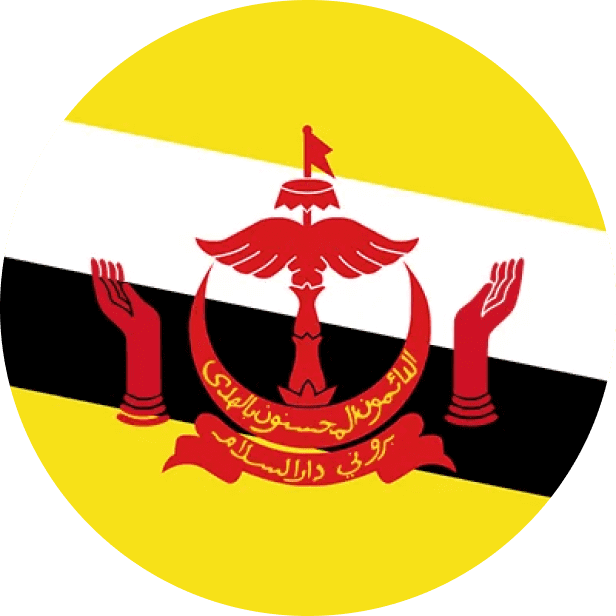
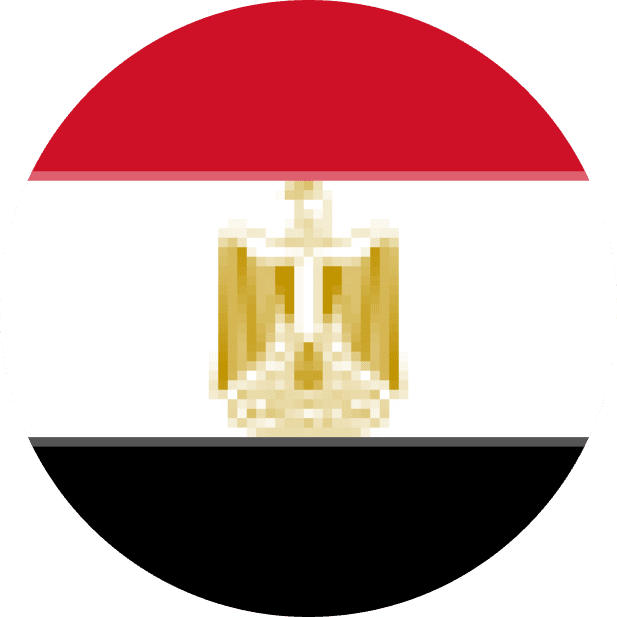



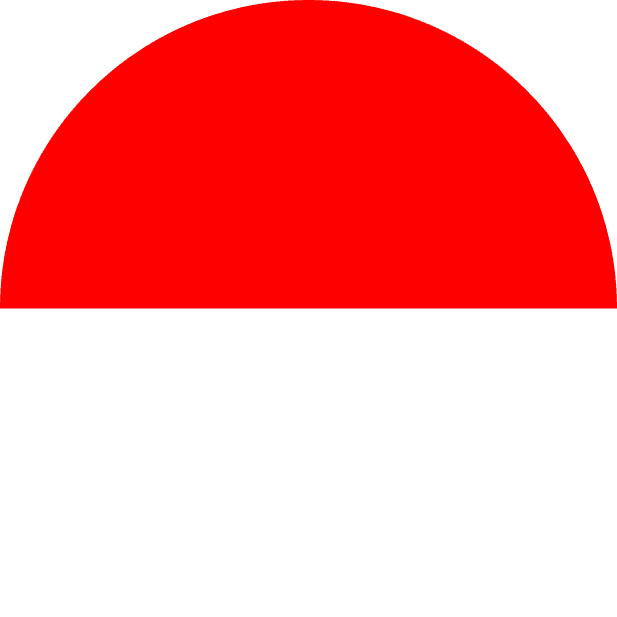


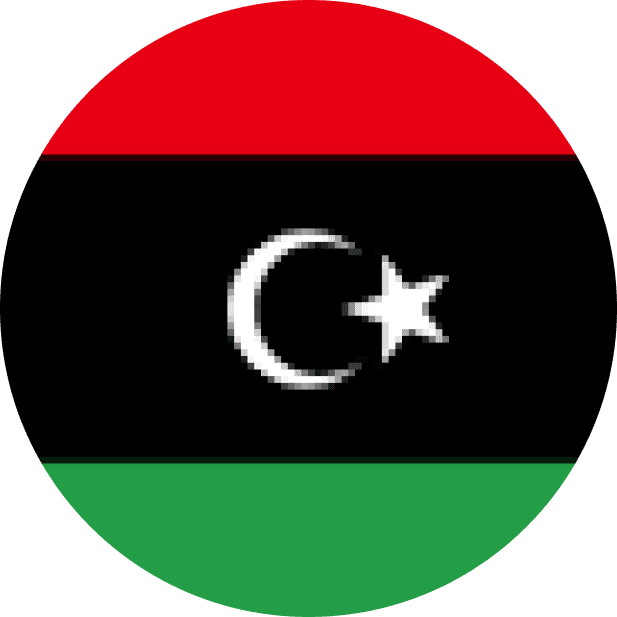


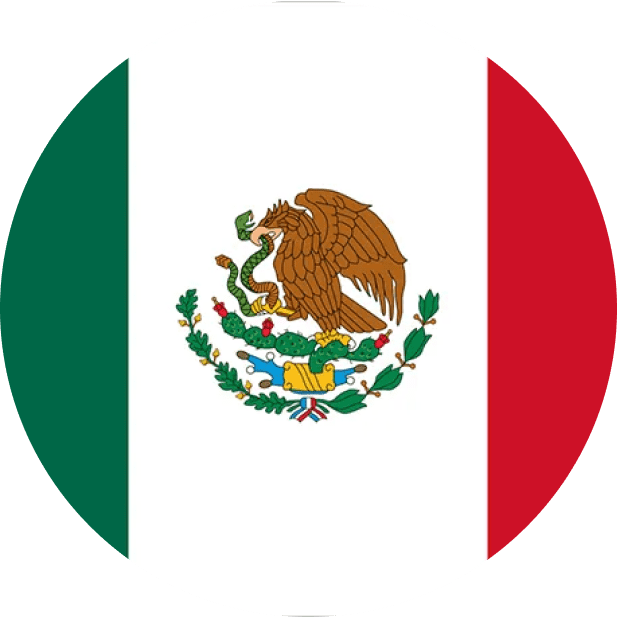






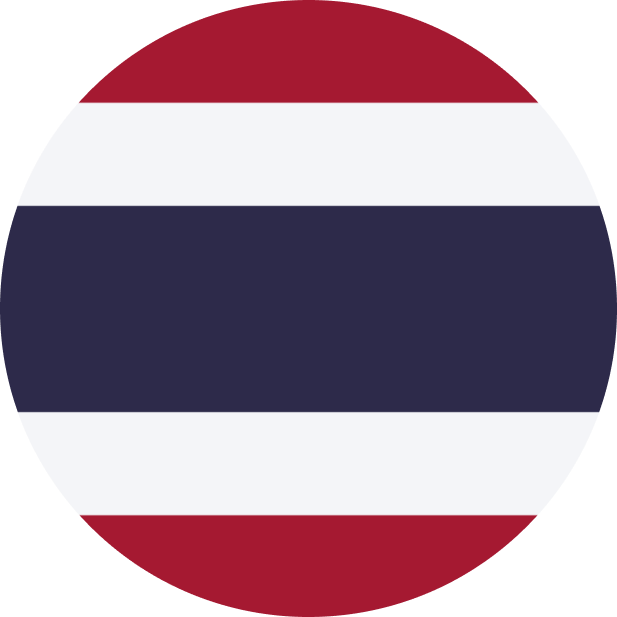

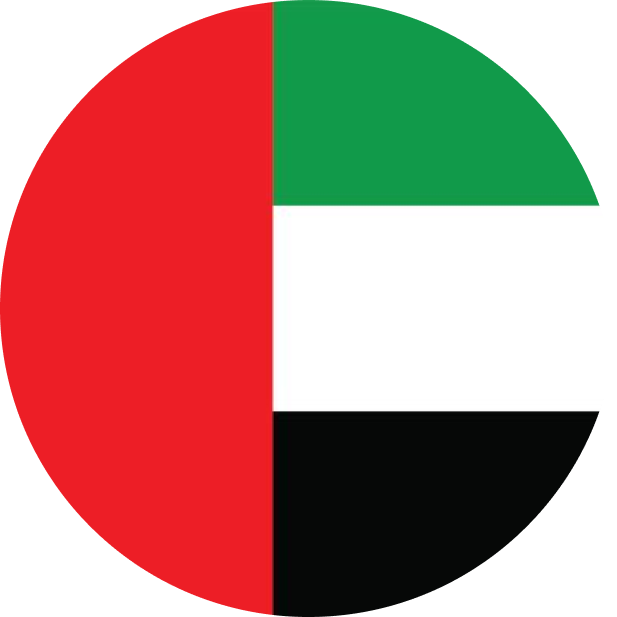





.webp)




.webp)
%20copy%20(1).webp)












